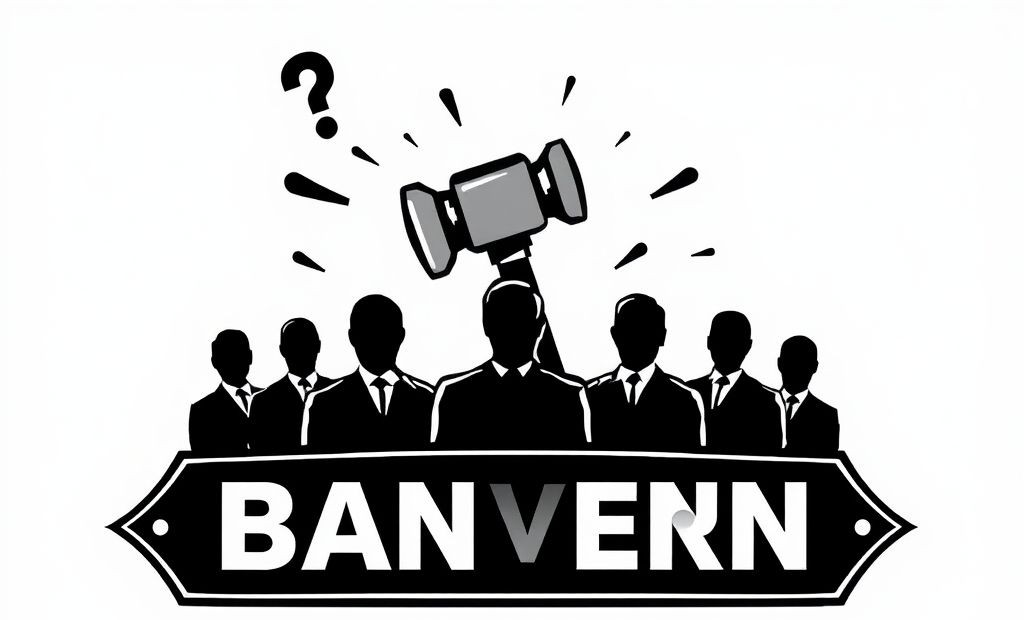All-In Podcast’s $1,200 Tequila Sells Out Fast
The All‑In Podcast—hosted by Chamath Palihapitiya, Jason Calacanis, David Sacks and David Friedberg—launched a limited-edition Extra Añejo tequila this week. Priced at $1,200 per bottle, it was released in a set of just 750 units, packaged in a distinctive, poker-chip‑inspired container. The batch sold out almost immediately after launching on June 21, 2025, at an exclusive event at Delilah in L.A. forwhiskeylovers.com
The tequila was crafted from blue Weber agave, double-distilled, and aged five years in first-fill American oak. Tasting notes highlight cacao, dried fruit, toffee, vanilla, and a smooth finish, making it ideal for sipping neat. forwhiskeylovers.com
High Demand, Limited Supply
The tequila sold out within hours—proof that consumers crave unique, high‑quality goods tied to trusted names. Moreover, the All‑In Podcast’s credibility triggered this frenzy.
Additionally, limited supply amplified demand. With only 750 bottles available, acquiring one felt exclusive. Consequently, buyers jumped at the chance to own a piece of the brand.
🔍 Why It Flew Off the Shelves
Premium Craftsmanship
Crafted from blue Weber agave, double-distilled, and aged five years in oak, the tequila boasts rich flavors like cacao, dried fruit, toffee, and vanilla—ideal neat. Therefore, quality played a key role in its appeal. forwhiskeylovers.com
Brand Authority
The podcast’s hosts—Chamath, JCal, David Sacks, and David Friedberg—have built a loyal following. Therefore, launching a tequila under their name instantly attracted attention. thespiritsbusiness.com
Scarcity + Exclusivity
Only 750 units existed. As a result, scarcity created urgency. Fans didn’t want to miss out, especially on a collector’s item.
What Made it Special?
- Premium Quality: We crafted the tequila with the finest ingredients and meticulous production processes, promising an exceptional drinking experience.
- Brand Association: The All-In Podcast’s reputation for insightful analysis and informed opinions lent credibility and appeal to the product.
- Exclusivity: The limited quantity made the tequila a sought-after item, appealing to collectors and enthusiasts.
Looking Ahead

🚀 What’s Next for All‑In Tequila?
The All‑In Podcast’s debut Extra Añejo tequila sold out fast. Given its success, listeners expect future releases. Moreover, the team hinted at possible collaborations or additional drops—so fans should stay tuned. theinformation.com
🔎 Why Future Releases Make Sense
- Brand Momentum: The quick sell-out reinforces that a strong, trusted brand can power exclusive launches.
- Market Appetite: With only 750 bottles released, demand clearly exceeds supply. Therefore, more product makes sense.
- Collaborative Potential: The hosts may team up with distillers or brands for new or varied spirits.
✍️ SEO Enhancements & Readability Tips
Use short phrases, everyday words, and transitions.
Short Paragraphs & Sentences
Break content into 2–3 sentences max.
Example: “The sell-out shows clear demand. Fans now expect round two.”
Active Voice
Instead of “It was hinted,” write “The team hinted.”
Increase Transition Words (Target >30%)
Use: Moreover, Therefore, Meanwhile, In addition, As a result.
Avoid Consecutive Sentences
Mix: statements, questions, and transitions.
Instead of “Fans want more. They follow the brand,” write: “Fans want more—so the brand may deliver.”














